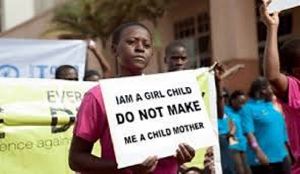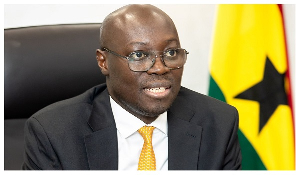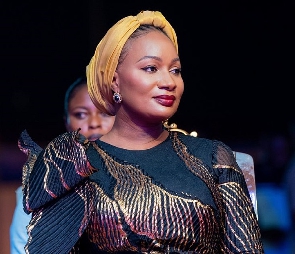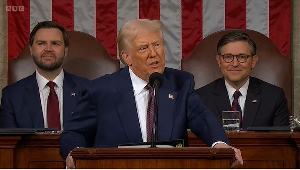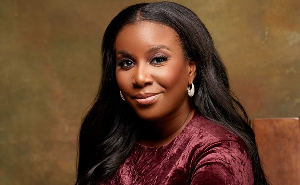Marilia (a pseudonym), a teenage girl, was rescued from her intended marriage by the Boys Club of her community, one of the strongest men’s advocacy networks in her area and parts of the Upper East Region of Ghana.
At 17 years old, Marilia is still seeking help to find a job that will sustain her and prepare her for adulthood. Despite enrolling as an apprentice in her area to start training as a sewist, she is yet to secure a startup and must borrow an old sewing machine, which she currently shares with its owner, also an apprentice.
Marilia stated that she will need about GHC 5,000 to acquire the necessary materials as a beginner, which is a prerequisite for her entry as a trainee sewist.
Reports
Teenage marriages are a human rights violation with adverse effects on girls’ health, along with other socio-economic impacts on girls who marry early, creating generational problems for teenagers and their children.
In Ghana, one in five girls aged 20 to 24 are married before the age of 18. Regional data from the 2014 Demographic Health Survey (DHS) shows varying percentages across regions, with the Northern region recording 39.6% of child marriages, Upper West 37.3%, Upper East 36.1%, Eastern Region 27.5%, Western 32.9%, Central Region 29.5%, Ashanti Region 25.9%, Volta 25.9%, Bono and Ahafo Regions 23.9%, and Greater Accra 18.5%.
The story of the teenager
Marilia attended school in Navrongo in the Kassena-Nankana Municipality in the Upper East Region. Due to financial challenges faced by her parents, the family decided to arrange a marriage for her.
During a follow-up interview in her community, Marilia recounted, “When my marriage was stopped, not due to any misconduct on my part, but because of public outcry about my underage status at 17, I faced more trouble.”
“I have chosen to learn a trade since my Senior High School results do not allow me to continue my education. I require financial support to fulfill my dream of becoming a skilled seamstress,” she added.
The teenage Muslim girl from Gowrie, whose marriage was canceled, like many other teenage girls in Ghana, faces abandonment and lack of family support when decisions made for them are not fulfilled.
“My single mother was relieved that the marriage did not proceed because life had been challenging for her to support my siblings and me after my father’s passing,” Marilia shared.
Despite the family's positive treatment towards her after the failed marriage, Marilia is struggling to pursue her trade learning due to financial constraints, contrasting her expectations after the marriage was called off.
UNFPA Interventions
The UNFPA advocates for ending child marriages through policies and programs that empower girls with information, skills, and services to lead healthy, educated, and safe lives. Collaboration with institutions supporting livelihood programs can aid girls like Marilia.
The Boys and Men’s network played a crucial role in preventing Marilia from becoming one of the latest recorded teenage marriages in the region.
Efforts by the Department of Gender, under the Ministry of Gender, Children, and Social Protection, in collaboration with communities, district Assembly Members, traditional authorities, and religious leaders aim to educate youth about child marriage and Gender-Based Violence (GBV).
Challenges persist when girls like Marilia are rescued from such situations, requiring societal support to overcome the obstacles they face.
Recommendations
While Ghana promotes girls’ education, skill development, and employment opportunities, there is a need for accelerated action to end child marriages.
Mr. James Twene, Regional Director of the Upper East Regional Department of Women, emphasized the importance of advocacy to address the plight of teenage girls and support victims.
The Bolgatanga Regional Coordinating Council is a key partner in addressing child marriage issues in collaboration with the UNFPA. Efforts should be intensified to provide skills and information to young girls, whether married or unmarried, across all districts.
The Department of Gender requires support to expand intervention efforts to all districts, aligning with Sustainable Development Goal (SDG) target 5.3 to eliminate GBV and early marriages.
Media, such as the Communication Advocacy Network (MCAN), plays a vital role in advocating against child marriages in Ghana, promoting health and social development.
Regional News of Wednesday, 19 June 2024
Source: GNA





